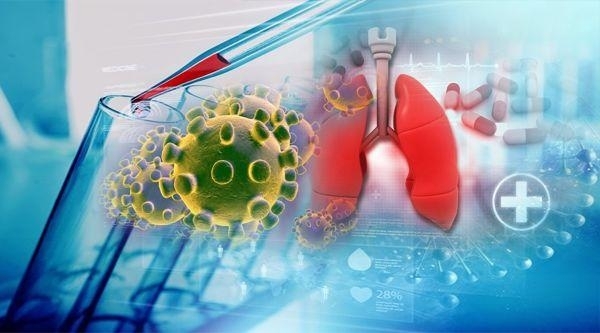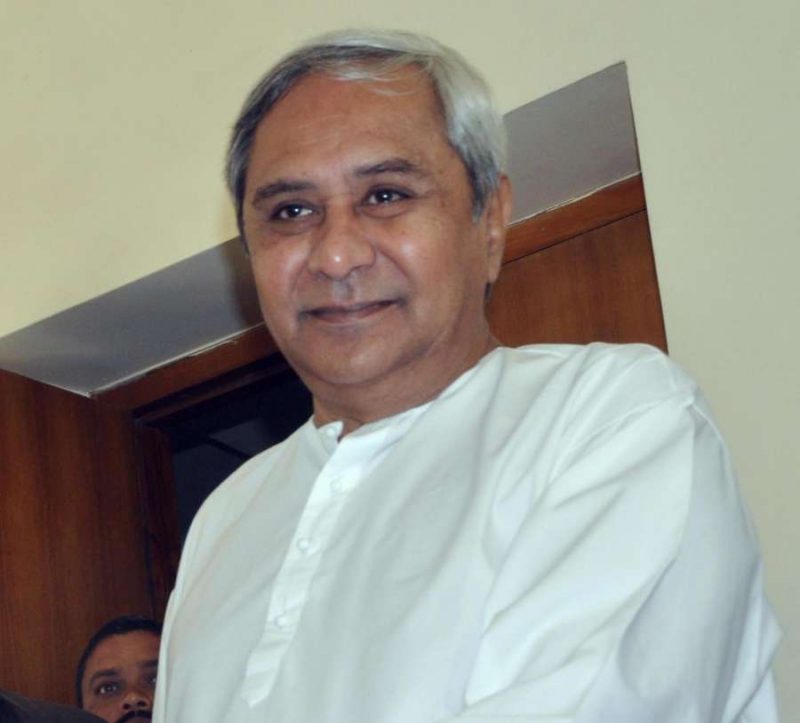The Gujarat Biotechnology Research Centre (GBRC) has taken up study of the mutation of SARS-COV-2, the virus responsible for corona disease, as it is strongly believed that out of its two assumed variants – the L- and the S- strains, the former is more aggressive and has led to a high mortality rate in the state.

In a video briefing on Monday, Principal Secretary, Health and Family Welfare, Jayanti Ravi said: “The recovery rate of Gujarat Covid-19 patients is slightly lower than the national recovery rate and likewise the mortality rate is also higher than the national mortality rate. When consulted, our experts on the subject opined that, out of the two mutations, the L- strain is believed to be more aggressive then the S- strain and which is believed to be the primary reason for the slow recovery and high mortality in Gujarat.”
“But we need to study that and our scientists are conducting research on that subject right now at the GBRC.”
GBRC Director C.G. Joshi on Sunday said: “In analysis abroad there was some findings which suggested that the L – strain was more aggressive than the S- strain and it was more dominant where more mortality was reported of Covid-19 patients. The L- strain type of virus was also the same virus that had created havoc in Wuhan, China.”
According to an analysis of 103 cases studied abroad, the researching team had come to a conclusion that there were two strains of the virus spreading around the world. The team also analysed and suggested that the L- type was derived from the original S- type and was found to be more aggressive.
However, many other global experts of epidemiology have expressed that the virus is still as it was when it first emerged and it is not getting worse or mutated. Even the World Health Organisation (WHO) also says the same.
READ MORE:
Gujarat Seeks Permission to Start Plasma Therapy Clinical Trials








